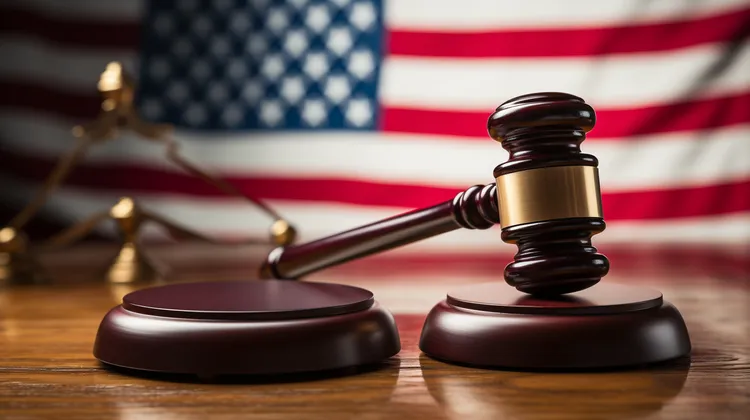It’s no secret that Ripple (XRP), one of the largest cryptocurrencies, has had a tumultuous relationship with the US Securities and Exchange Commission (SEC) in recent years. The SEC has filed a lawsuit against Ripple, alleging that the sale of XRP tokens was an unregistered security offering. This legal battle has sparked intense debate and speculation about the future of cryptocurrencies and the regulatory landscape in the United States.
Many people in the cryptocurrency community argue that the SEC’s approach towards Ripple has been unfair and inconsistent. They point out that the SEC took years to take legal action against Ripple, despite the company’s operations being in the public eye for quite some time. This delay has led to accusations that the SEC is targeting Ripple specifically, while giving other cryptocurrencies a pass.
A prominent US lawyer, John E. Deaton, has recently joined the conversation, shedding light on the issues at hand. Deaton has filed a motion to intervene on behalf of thousands of XRP holders who believe that their interests are not adequately represented in the lawsuit. According to Deaton, the SEC’s actions against Ripple have far-reaching implications for the crypto industry as a whole, particularly for those who hold XRP.
Deaton argues that the SEC’s case against Ripple is not only detrimental to XRP holders but also to the entire cryptocurrency market. He points out that the SEC’s enforcement actions have created significant uncertainty and damage to the value of XRP and other cryptocurrencies. He highlights the fact that the SEC’s approach lacks clarity and consistency, which is crucial for the healthy development of the crypto industry.
One of the main points of contention in the Ripple-SEC case is whether XRP should be classified as a security. Ripple has maintained that XRP is a digital currency and not a security since its inception. They argue that XRP does not represent ownership in Ripple nor does it provide any rights to dividends or profits. The SEC alleges that XRP is indeed a security and should have been registered as such.
The outcome of this legal battle will have far-reaching implications for Ripple, XRP holders, and the broader cryptocurrency market. If the SEC’s classification of XRP as a security prevails, it could set a precedent for other cryptocurrencies, potentially subjecting them to similar regulatory scrutiny. On the other hand, if Ripple is successful in convincing the court that XRP is not a security, it could strengthen the case for regulatory clarity and certainty in the crypto industry.
While it is important to regulate the cryptocurrency market to protect investors from fraud and scams, it is equally crucial to adopt a balanced and fair approach. The lack of clear guidelines on how cryptocurrencies should be classified and regulated has been a longstanding issue, and the Ripple-SEC case has brought this problem to the forefront.
It is worth noting that other countries, such as the UK and Japan, have deemed XRP as a digital asset instead of a security, adding to the complexity of the situation. These contrasting regulatory perspectives further emphasize the need for a consistent and global regulatory framework for cryptocurrencies.
The outcome of this case should not be seen as a win or loss for Ripple alone but rather as a turning point for the entire industry. It could potentially lead to important discussions and actions from regulators to provide clear guidelines and establish a regulatory framework that fosters innovation and investment in the cryptocurrency market.
As this legal battle unfolds, it is crucial to closely follow the arguments presented by both Ripple and the SEC, as well as the response from the court. The decision will shape the future of Ripple, XRP, and the broader cryptocurrency ecosystem in the United States. It is a crucial moment in the journey towards regulatory clarity and a better understanding of how cryptocurrencies fit within the existing financial system.



